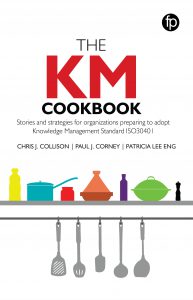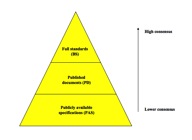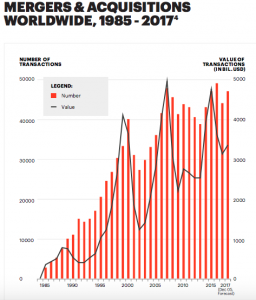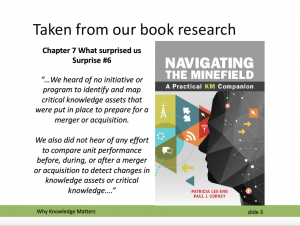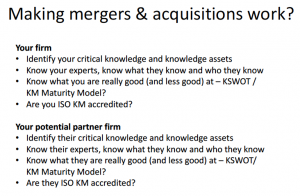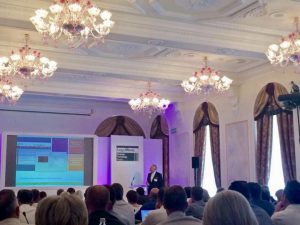A few weeks back I went to London for a celebratory luncheon with my fellow KM Cookbook coauthors, Chris Collison and Patricia Eng. I got the 09.24 from Eastbourne to London Victoria. As usual it was composed of just 4 coaches. At Lewes, boarding passengers were made to stand for the next 60 minutes despite an additional 4 coaches coupling up enroute at Haywards Heath. At Gatwick 1st class is decommissioned but still there is not a seat to be had.
It’s the same every day: the “On Board Supervisor” (OBS) apologises for overcrowding noting that 1st class passengers can claim a refund and the passengers fulminate about the half arsed way the railway is run.
However my 16th May journey was notable for a very different reason, the banter provided by “Driver Steve Copley“.  From his welcome and throughout the 90 minute journey Steve kept up a regular litany of anecdotes, poetry and humour. At first my reaction was one of irritation. When I took a time out (and gave myself permission) to really listen I began to appreciate how clever and varied his oratory was. At Gatwick (where there was a delay) Steve greeted onboarding passengers in 5 languages and recited a poem as a way of apologising for the delay caused by a malfunctioning toilet.
From his welcome and throughout the 90 minute journey Steve kept up a regular litany of anecdotes, poetry and humour. At first my reaction was one of irritation. When I took a time out (and gave myself permission) to really listen I began to appreciate how clever and varied his oratory was. At Gatwick (where there was a delay) Steve greeted onboarding passengers in 5 languages and recited a poem as a way of apologising for the delay caused by a malfunctioning toilet.
Intending to change at East Croydon I felt compelled to stay aboard to see what he’d say about Britain’s busiest station, Clapham Junction, and how he’d mark the end of the journey. Steve didn’t let me down: Clapham is the place where you change for all stations beginning with the letter S – he listed a number – and for those who want to avoid the hustle of the capital! Victoria, named after a past Queen, is where you alight to see the home of the current one.
At Victoria I sought him out – there was a queue of people doing the same, thanking him for making their by now delayed journey such a pleasure.
It was notable that people had smiles on their faces, they talked to each other and in one case the young lad next to me made conversation with a lady across the aisle who had taught him for just one term some 3 years before. Steve’s rhetoric had created an environment where barriers were lowered and people felt comfortable conversing.
It took me back a few weeks to a couple of experiences in Hong Kong and Kuala Lumpur.
Space
I was in Kuala Lumpur to run a Masterclass (my fourth) at the International Islamic University of Malaysia and to give the keynote address at the second KM Exchange held at the Securities Commission’s lovely offices.
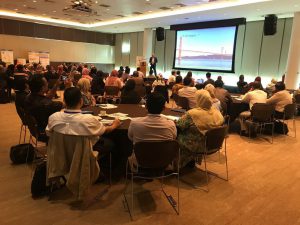
Keynote in KL
Well attended, the KM exchange was very well run (as you’d expect from an event Straits Knowledge are involved in) with the tables arranged cocktail style with plenty of interactive time built into the agenda.
The speakers were part of and came from the audience. It encouraged the collaboration that occured.
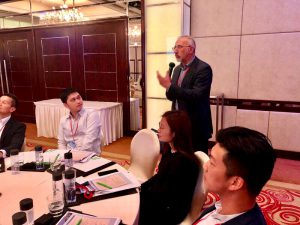
Getting among the delegates
It contrasted to the KM Asia event in Hong Kong the week after which was less well attended and where the speakers occupied the front tables and the delegates the rear creating an “us and them” feel. It meant the only way to get engagement in a society where deference trumps demonstrative was to leave the stage and be among them.
While in Asia I wrote a longer article for Business Information Review on collaborative knowledge spaces which will appear in the June edition. In it I will draw on my experiences to demonstrate the importance of set up to running any event. Keep a look out for it.
And finally: when you look at things differently, the things you look at change
I spent last Saturday morning helping Bees Homes Managing Partner, Ana to stage a property ahead of its listing for sale. Previously on the market with another agent and empty it had failed to attract sufficient interest.
Here’s the same room as seen through the lens of two different agents:

As presented by Agent 1

As presented by Bees Homes
And this is what a prospective buyer (who previously saw it online but did not pursue it further) said when he contacted us for a viewing:
“Have they had work done, it looks so different now and really nice?”
Each of the above examples illustrate the importance of presentation and empathy. You need to get in the shoes of people (buyers/delegates/passengers) if you are going to connect with them. And to do that you need to create the right enviroment.

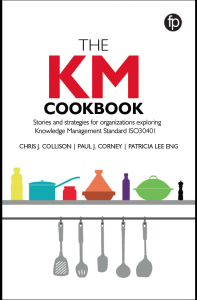
 Despite all the uncertainty, Brexit is proving less of a challenge as there is a move from vendors towards the type of quality service we are offering. A key statistic for us is “Property Views” online and it’s great to be able to report we are currently #1 in our region.
Despite all the uncertainty, Brexit is proving less of a challenge as there is a move from vendors towards the type of quality service we are offering. A key statistic for us is “Property Views” online and it’s great to be able to report we are currently #1 in our region.